We recently connected with Noam Arbel and have shared our conversation below.
Noam, we are so happy that our community is going to have a chance to learn more about you, your story and hopefully even take in some of the lessons you’ve learned along the way. Let’s start with self-care – what do you do for self-care and has it had any impact on your effectiveness?
For me, after years of trying to balance my mental and physical health with my career goals, I found that it all comes down to what I call the “holy trinity”: eating well, exercising, and getting enough sleep. I can’t speak for anyone else -obviously I’m not a psychiatrist – but whenever I start feeling unwell or unbalanced, I always check these three areas first. More often than not, once those are in order, the problem either disappears or becomes much easier to handle.
At first, it might seem like focusing on these habits takes time away from productivity. But I’ve found that this time is actually an investment. When I’m physically and mentally healthy, I work more efficiently—my focus is deeper, my attention is steadier, and my energy lasts longer. In the end, the hours I spend taking care of myself make every other hour of work more effective, and I can achieve more without the constant background noise of stress or fatigue.
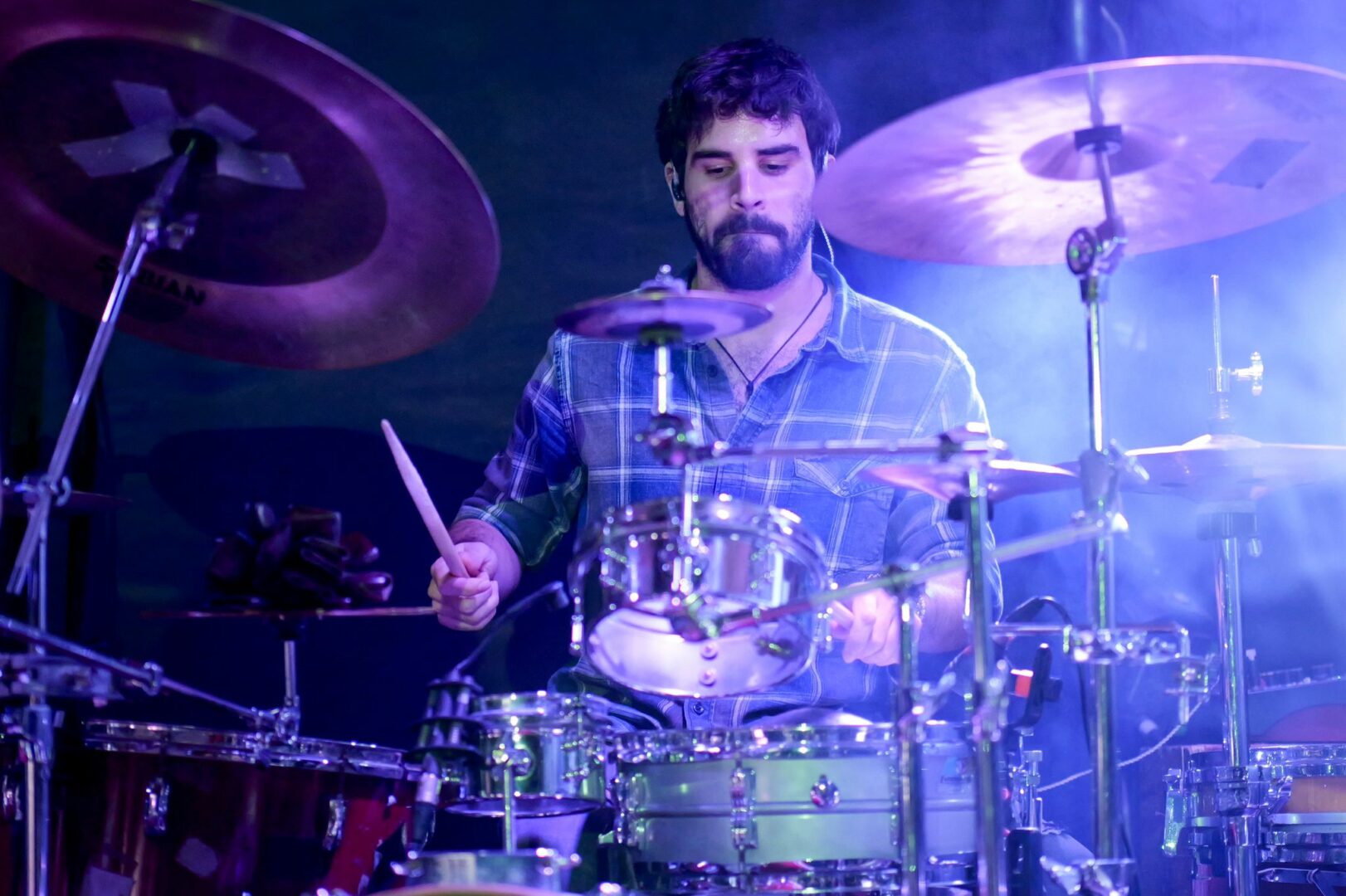
Let’s take a small detour – maybe you can share a bit about yourself before we dive back into some of the other questions we had for you?
Growing up in a family of musicians, I started playing the drums when I was 9. It was love at first sight, and since then it was always clear to me that music is my passion. As a teenager, I picked up the guitar, bass, and keys, and started expanding my musicality towards composing and arranging.
I started playing professionally at 18, touring and recording locally in a variety of genres, while also co-leading some of my own bands, most notably- KENS and Storchi – both of them have several albums already out for you to listen to!
Some incredible musicians I had the fortune of playing with includes Daniel Zamir, Yossi Sassi, and Liron Ben Shimon.
As of now, I recently started studying at Berklee on a full tuition scholarship, honing in on my production skills, as well as looking to play with as many people as possible.
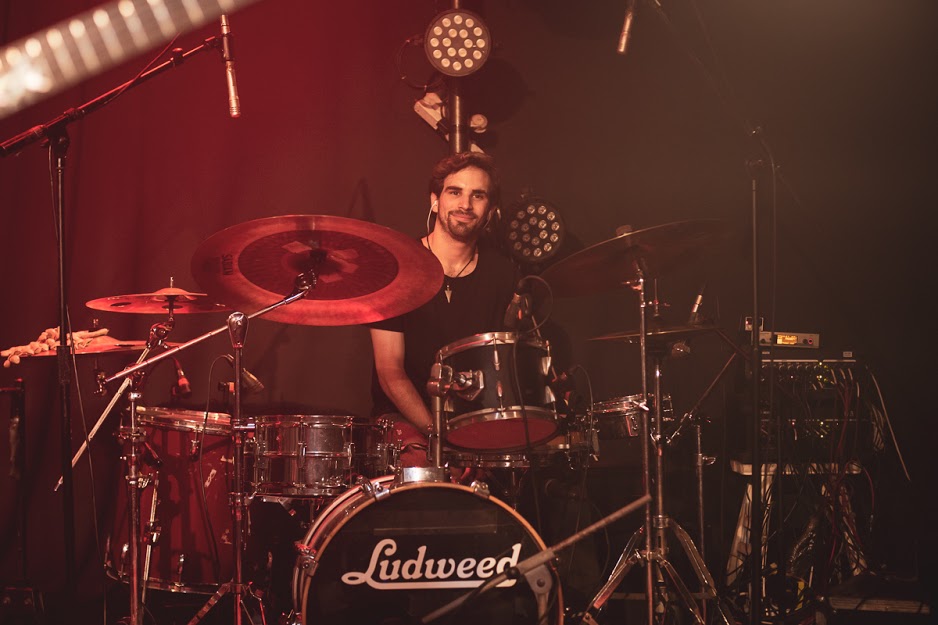
If you had to pick three qualities that are most important to develop, which three would you say matter most?
By far, I would say my most important quality is my work ethic. I may not be the fastest learner, or the most naturally gifted, but I always work the hardest and make sure I’m ready for whatever the gig calls for. At the end of the day, if you show up ready and do your job well, nothing else matters, and you’ll get hired again. I found that it’s much better to be over prepared for a gig, rather than overqualified and juggling it. I know this is both the musician being hired, and the one hiring others.
Tying into that, I would say another thing that makes you stand out is taking your preparation a step further, and always do/know more than expected of you. As a drummer, I know one of my most advantageous positions is the fact that I’m a well-rounded musician, who understands music beyond the drum throne. Being able to engage with the arrangement, and production side of things, helps you see the bigger picture, and do your job better.
Last but not least, remember to be caring and invested in whatever gig you have. I remember a friend of mine once telling me you can’t judge a bandleader until you’ve been one yourself, because it’s hard to understand the struggles of being alone in such a demanding project. So, whenever I get hired, I always try to make the bandleader feel I’m just as invested as he is. Even if it’s somewhat of an illusion, making a band leader feel like the found someone who cares about their project as much as they do can go a long way.
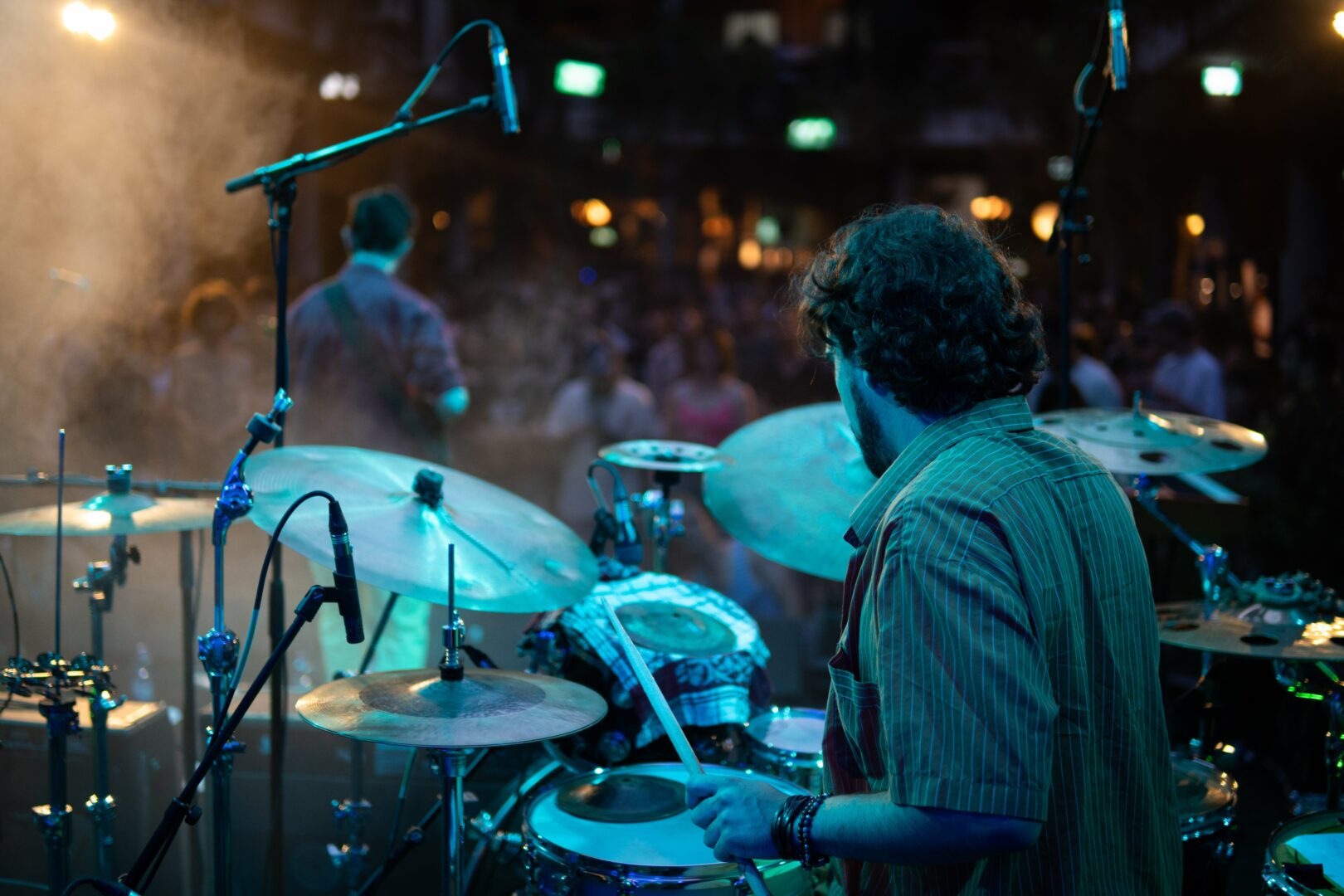
Any advice for folks feeling overwhelmed?
I’m no stranger to the feeling of biting more than you can chew. From my experience, the anxiety and stress can often be more of an obstacle than the amount of work actually needed. That’s why, whenever I find myself sinking in seemingly too much work, I always make sure to write down everything I have to do, and then organizing it by priority. For a few reasons: First, I know at least for me, just trying to remember multiple assignments can take a lot of CPU, and add to the stress. Having it written down always feels like a load of my chest. For whatever reason, it usually also seems a lot more manageable that way. Secondly, whatever it is you need to do is already determined, so the only thing you can do is your best. With that in mind, prioritizing your to-do list is both beneficial as a safeguard in case you can’t do it all, and a good practical way to decide what it is you’re gonna start with, and get going with it.
Contact Info:
- Instagram: https://www.instagram.com/noam_arbel8/
- Youtube: https://www.youtube.com/@noamarbel9899
- Other: https://linktr.ee/noam.arbel?fbclid=PAZXh0bgNhZW0CMTEAAacZuFLSSTYB9setH6Gh1DS5n6W3a_cYZM7QmWys8ICXzQilWn_yRzdRbBH0eA_aem_cFFkmx6PD3gcD-KIVbGQQQ
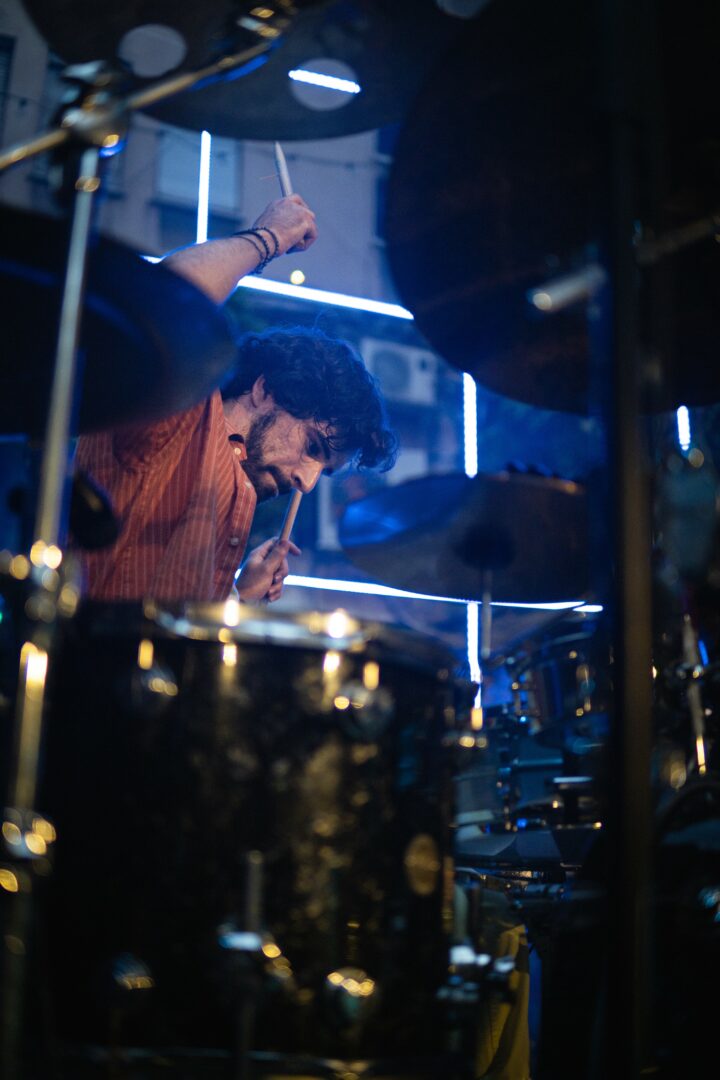
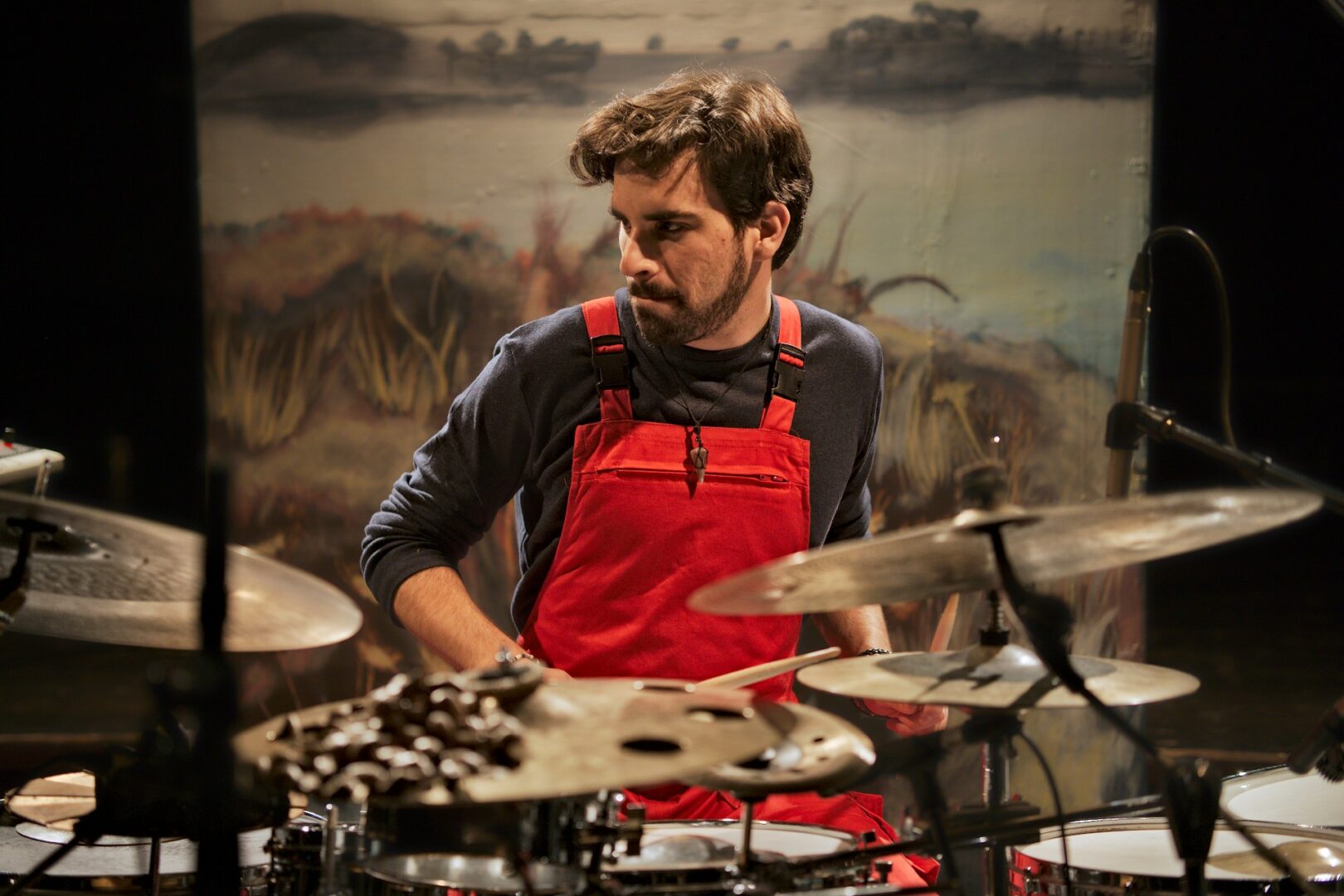
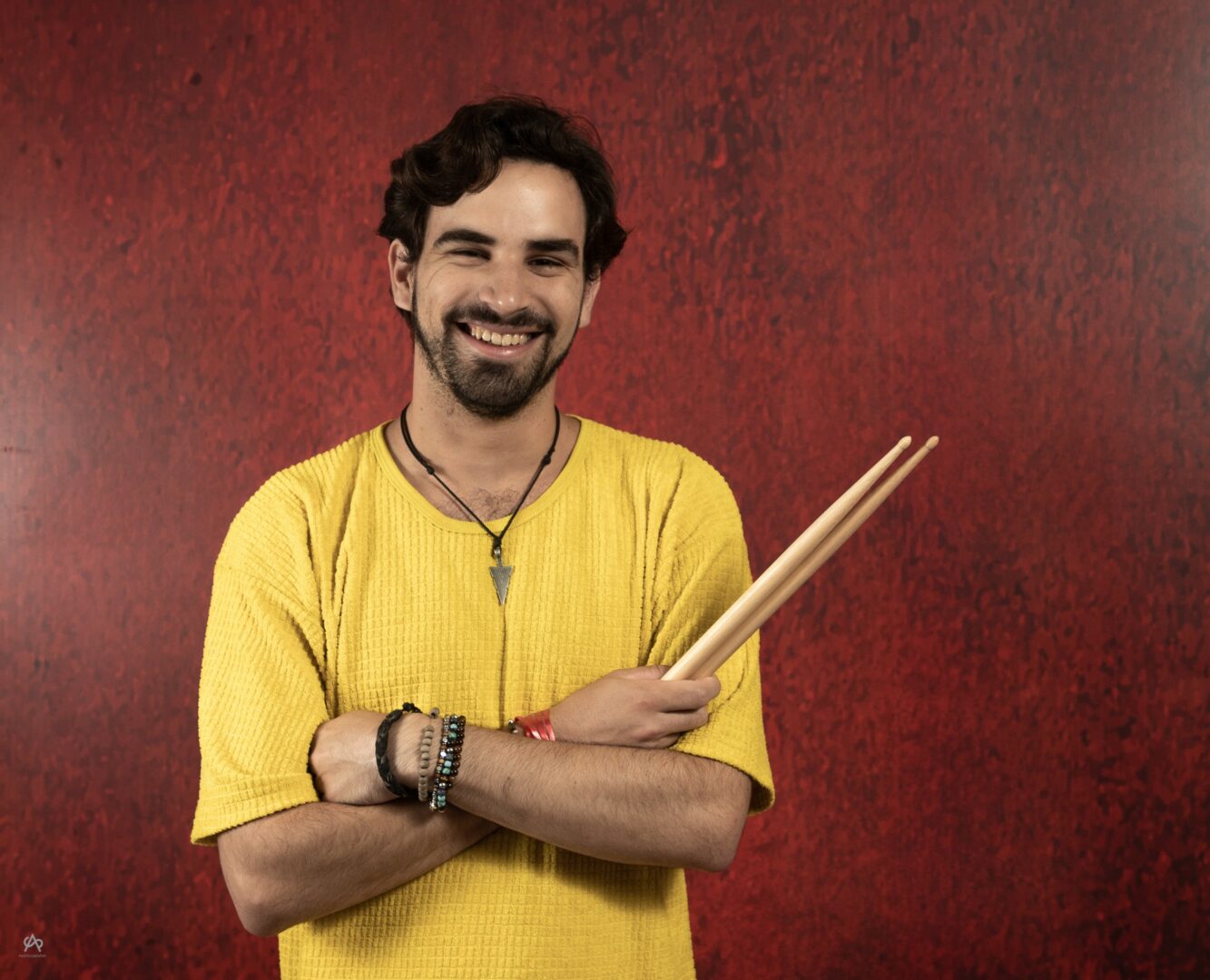
Image Credits
Etay Bokish
so if you or someone you know deserves recognition please let us know here.




